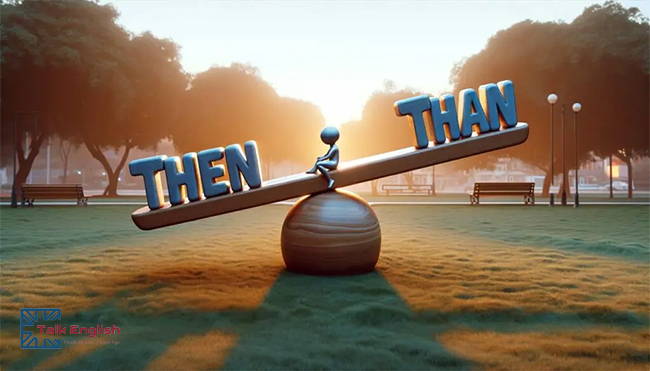The following are all standard choices for ending formal letters, such as business emails and invitations to formal events.
- Sincerely,
- Respectfully,
- With respect,
- Best/Kind/Warm regards,
- Cordially,
"Sincerely" is the adverb form of "sincere," which describes true, genuine feelings. Meanwhile, "cordially" is the adverb form of "cordial," which means friendly and polite.
Informal letters

If your letter is not related to business or professional matters — or if you simply have a closer relationship with the recipient — you can use one of the following sign-offs:
Best,
This is a shortened version of "Best regards," as we've covered earlier.
Talk soon, / See you soon,
These are useful for people that you see frequently, or for people you plan to see in the near future.
(Many) Thanks,
This is a friendly way to end a letter even if you aren't thanking the recipient for something specific.
Have a good day/evening/weekend,
Simple!
Yours truly,
This expression is quite common even for formal letters. However, that doesn't mean it's actually appropriate in those situations. In reality, telling someone that you are "theirs" has a nuance of closeness that should be saved for special people in your personal life.
Thank-you letters
If the purpose of your message is to thank the other person, you can also use one of the following expressions:
- With gratitude,
- With much appreciation,
- Thank you for your time/consideration,
"Thank you for your time/consideration" sounds more formal than the others and is especially good for things like cover letters sent with résumés.
Other ways to sign off
The following ways are all quite casual and should be reserved for friends and close family members.
Love,
This one probably does not need to be explained. This is best for people very close to you.
Cheers,
This is a common way of saying "Thanks" in British English.
XOXO
This is a short way of saying "hugs and kisses," so it is obviously not appropriate for professional messages!



